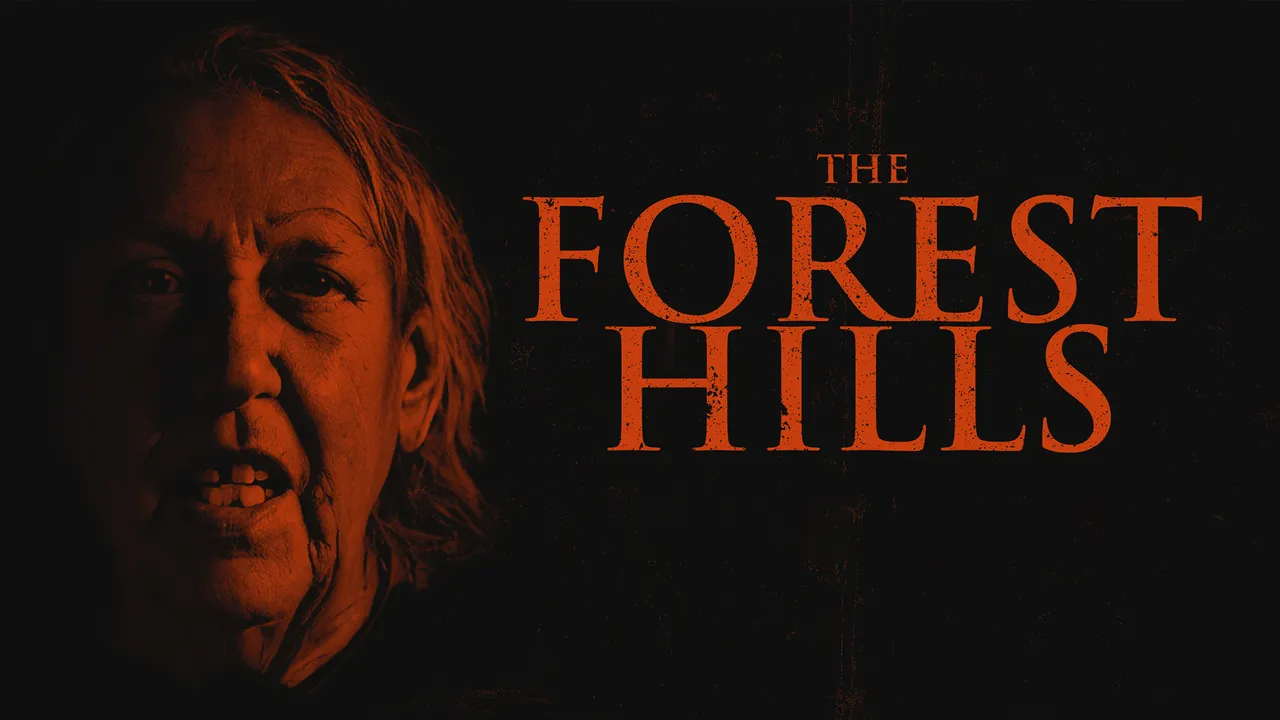Martin Scorsese’s The Departed is more than just a crime thriller — it’s a cinematic masterclass in tension, duality, and moral collapse. Based on the Hong Kong film Infernal Affairs (2002), The Departed transplants the story into the gritty streets of Boston, painting a violent, character-driven portrait of two men living double lives on opposite sides of the law.
Starring Leonardo DiCaprio, Matt Damon, Jack Nicholson, and Mark Wahlberg, the film delivers relentless suspense, razor-sharp dialogue, and gut-wrenching twists. It won four Academy Awards, including Best Picture and Scorsese’s long-overdue Best Director Oscar, solidifying its place as one of the defining films of the 2000s.
The story centers on Billy Costigan (Leonardo DiCaprio), a young cop recruited by Captain Queenan (Martin Sheen) and Sgt. Dignam (Mark Wahlberg) to go undercover inside the Irish mob, led by the ruthless and unhinged Frank Costello (Jack Nicholson).
At the same time, Colin Sullivan (Matt Damon), a rising star within the Massachusetts State Police, is secretly a mole planted by Costello years earlier. As Sullivan rises within the Special Investigations Unit, he’s tasked with rooting out the “rat” in Costello’s crew — not knowing it’s actually Costigan.
What follows is a deadly chess match of paranoia and betrayal, as both men struggle to maintain their cover while hunting each other from within. As their respective worlds begin to crumble, the line between good and evil becomes dangerously blurred.
At its core, The Departed is about identity — constructed, concealed, and ultimately destroyed. Billy and Colin are mirrors of each other: both are living lies, both trapped in roles they never truly chose, and both gradually losing their sense of self.
Scorsese dives deep into institutional corruption, exposing how both the police and organized crime operate on systems of loyalty, deception, and violence. In a world where everyone's pretending, trust becomes fatal.
There's also a strong commentary on the American dream gone rotten. Both Billy and Colin want to rise — one through honesty, the other through manipulation — but the system chews them up just the same. Success, in The Departed, comes at the cost of your soul — if not your life.
-
Leonardo DiCaprio is raw and electrifying as Billy. He plays the role with a constant undercurrent of panic, like a man seconds away from unraveling. His performance is physically and emotionally exhausting — a highlight in a career full of them.
-
Matt Damon is chilling as Colin, portraying a man so deeply embedded in his lies that he begins to believe them. His affable surface masks deep insecurity and moral rot.
-
Jack Nicholson, as Costello, is unpredictable and magnetic — part gangster, part philosopher, part devil. He chews every scene with wild menace, clearly relishing the chaos his character creates.
-
Mark Wahlberg brings surprising edge and humor as Sgt. Dignam, delivering some of the film’s best (and most profane) lines.
-
Vera Farmiga, as the psychiatrist torn between the two leads, brings emotional resonance to a largely male-dominated story, though her character is underused.
Scorsese’s direction is razor-sharp. The pacing is relentless but never rushed, balancing action, dialogue, and suspense with masterful control. The film’s Boston setting feels lived-in and grimy, adding to its street-level realism.
The use of music — including The Rolling Stones' "Gimme Shelter" and the Dropkick Murphys’ iconic “I’m Shipping Up to Boston” — injects the film with both energy and dread.
Editor Thelma Schoonmaker cuts the film with intensity and rhythm, while the cinematography by Michael Ballhaus captures the city’s claustrophobic back alleys and high-rise betrayals with equal clarity.
The ending of The Departed is legendary — a sudden eruption of violence that leaves nearly every main character dead in rapid succession. There’s no triumphant redemption, no justice in the traditional sense. Instead, the story ends the way it lived: bloody, cynical, and brutally honest.
The final image — a rat scurrying across the balcony — is both literal and metaphorical. In this world, rats survive, rats rule, and morality is just another mask.

Though based on Infernal Affairs, The Departed stands firmly on its own as a bold reinterpretation. It’s more violent, more psychological, and more distinctly American. Where the original focused on fate and identity in an Eastern philosophical context, The Departed turns the mirror on American institutions, masculinity, and moral compromise.
Winning Best Picture, Best Director, Best Adapted Screenplay, and Best Film Editing, it marked a triumphant return to Scorsese’s crime roots while updating the genre for a post-9/11 world full of surveillance, mistrust, and hidden enemies.
The Departed remains one of the 21st century’s most thrilling and intelligent crime dramas. With powerhouse performances, razor-sharp writing, and brutal storytelling, it delivers both adrenaline and existential dread.






